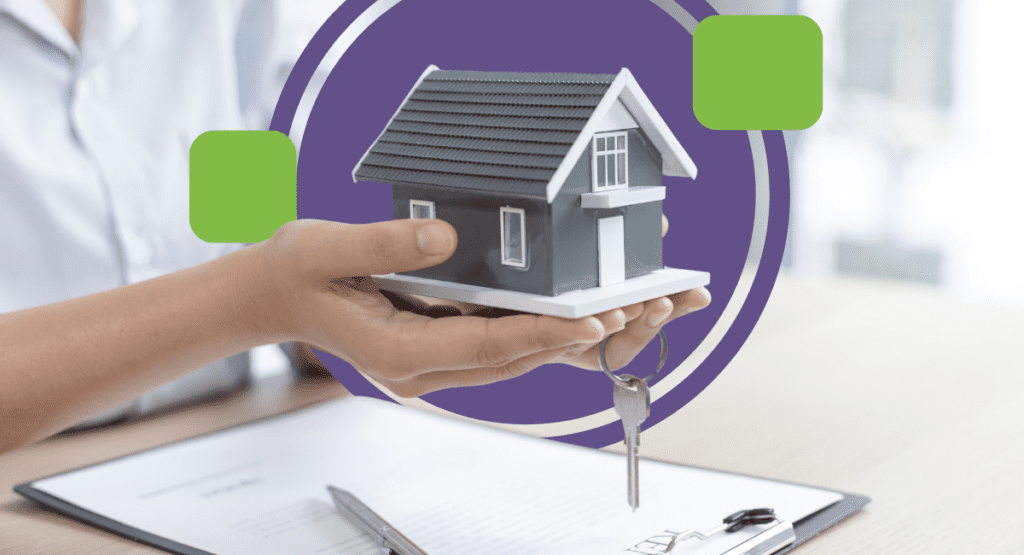For many borrowers, interest rates tend to be the first thing they consider when shopping around for mortgage options. With so much buzz around this low down payment solution, you might be wondering if physician loan interest rates are better than conventional mortgage rates.
While physicians may not necessarily receive lower mortgage rates compared to conventional mortgages, borrowers can benefit from specialized loan products designed to accommodate their unique financial circumstances. Physician loans often come with features such as lower down payment requirements, no private mortgage insurance (PMI), and more lenient underwriting guidelines.
It's important to note that interest rates on physician loans can vary and may be higher or comparable to conventional mortgages, depending on the lender and the borrower's financial profile. To find the best mortgage rates and terms, doctors should research and compare multiple loan options from various lenders to secure the most favorable mortgage solution for their needs.
So, let’s look at how physician mortgage interest rates fluctuate and who would be best positioned to benefit from this special homeownership program.
Who qualifies for a physician mortgage loan?
Physician mortgage programs have traditionally been reserved for medical doctors and dentists. However, many lenders now extend eligibility to include a variety of medical professionals and other high-earning career paths, such as veterinarians and lawyers.
Qualifying degrees might include (but aren’t limited to):
- Medical doctors (MD)
- Doctors of Osteopathy (DO)
- Doctors of Dental Medicine (DMD)
- Doctors of Dental Science (DDS)
- Doctors of Podiatric Medicine (DPM)
- Doctors of Veterinary Medicine (DVM)
- Doctors of Optometry (OD)
- Doctors of Pharmacy (PharmD)
- Doctors of Chiropractic (DC)
- Nurse Practitioners (NP)
- Certified Registered Nurse Anesthetists (CRNA)
- Attorney (JD)
- Dental and medical residents, fellows and interns
In some cases, mortgage lenders might offer a “professional mortgage program” that functions similarly but provides a more inclusive product for veterinarians, lawyers, CPAs and other professionals. However, these loan programs might carry a lower loan limit or other limitations.
What mortgage product do you need?
Your Occupation
Home Price Range
Preferred Down Payment
Stage You're At in the Home Buying Process
When Do You Want a Mortgage Approval?
How Many Banks Would You Like Quotes From?
Any Bankruptcies or Short Sales?
Full Name
Phone Number
State Where You Plan to Purchase
Metro Area Where You Plan to Purchase
Citizenship Status
Communication Preference
Would You Like to Add Any Additional Details?
Physician mortgage vs. conventional mortgage: Which is better?
Conventional mortgage loans aren’t insured or guaranteed by the federal government. Therefore, they have stricter underwriting criteria and loan requirements, higher down payment amounts, and require borrowers to abide by maximum conforming loan limits.
Physician mortgage loans provide low down payment options without requiring PMI, which can save you thousands of dollars each year alone. Additionally, they make qualifying for a mortgage easier. In many cases, they treat student loan debt more generously when calculating your debt-to-income ratio (DTI) and have more relaxed income requirements.
| Physician loan | Conventional loan |
|---|---|
| 0% to 10% down payment | 3% to 20% down payment |
| No PMI | PMI required with less than 20% down payment |
| Acceptable employment contract can serve as proof of income | Strict income requirements |
| Higher loan limits (e.g., $750,000 to $2 million or more) | Conforming loan limits (e.g., 647,200 unless in a high-cost area) |
| Student loan debt excluded or treated more favorably in DTI calculation | Student debt factors into DTI |
| Limited to primary residences (some lenders allow second homes) | Available for investment properties and other real estate opportunities |
How can lenders offer competitive physician mortgage interest rates while also providing better borrower perks than a conventional loan?
For one, investors aren’t interested in buying doctor loans with 100% financing and no PMI. Therefore, physician home loans are considered a portfolio product, meaning the lender isn’t going to sell the loan — giving them more flexibility with interest rates and pricing overall since it isn’t as subject to what the Federal Reserve does.
Additionally, banks view physician mortgage loans as low risk considering the reliable nature of the clientele they’re trying to attract for future banking and business purposes. After all, most doctors aren’t going to spend the better part of a decade going to school and investing hundreds of thousands of dollars into medical school just to choose a completely different career (although some do).
Physician mortgage loans have a good track record with a very low default rate. So, offering benefits like no down payment, no PMI, higher loan amounts and more flexible underwriting criteria ends up benefiting the lender in the long run.
Physician mortgage rate trends in 2025: Are physician mortgage interest rates better?
Interest rates change daily, which is why mortgage lenders emphasize that your rate isn’t actually your rate until you “lock it in.” Just like other mortgage products, physician mortgage interest rates have fluctuated over time based on market conditions. But in recent years, doctor home loans have consistently beaten out conventional loan rates.
For example, during the COVID-19 pandemic, both conventional and physician mortgage loans hit all-time lows — with physician mortgage interest rates around 2.75%. Even though both mortgage options offered similar rates, physician mortgage loans provided a suite of benefits that allowed borrowers to save money or divert financial resources elsewhere, thanks to low down payment options and no PMI.
However, with rising interest rates across the board in 2025, doctors and dentists might be looking at physician mortgage interest rates around 6%. But this is still competitive when comparing interest rates with conventional loans and other mortgage options.
Depending on the timing of your home buying process and the interest rate environment overall, you might be looking at slightly lower or higher physician mortgage interest rates when comparing available mortgage options.
Is a doctor mortgage loan right for you?
Generally, you can expect physician loan interest rates to be about 0.5% cheaper or more expensive than a conventional loan. But even if you’re shopping around during a time when conventional rates are slightly lower than physician loan interest rates, a physician mortgage is going to be more beneficial in most instances.
This is because interest rates aren’t the only important factor to consider in a home loan.
Do you prefer a lower down payment than the traditional 20%? Do you need general flexibility in terms of underwriting due to starting a new position or having a limited income history?
One of the biggest perks of a physician loan is the opportunity to buy a home with little to no money down without the need for PMI. While it's nice to have instant equity in a home, you can’t do a whole lot with that equity until you actually sell the home.
But if you were to invest your down payment savings, your overall wealth management is going to be working for you versus being stagnant until it’s time to sell. Alternatively, homeowners can funnel their down payment toward immediate renovations or make other strategic financial moves.
So, while the interest rate is an important piece of the mortgage puzzle, it shouldn’t be the only driving force when choosing a mortgage product. Plus, there’s always the option to refinance to a lower interest rate or better terms later down the road when the market is more favorable.
It’s important for healthcare professionals to explore all angles of each mortgage option to understand which product will benefit your family the most. Fill out the form below to start receiving physician mortgage quotes today.

